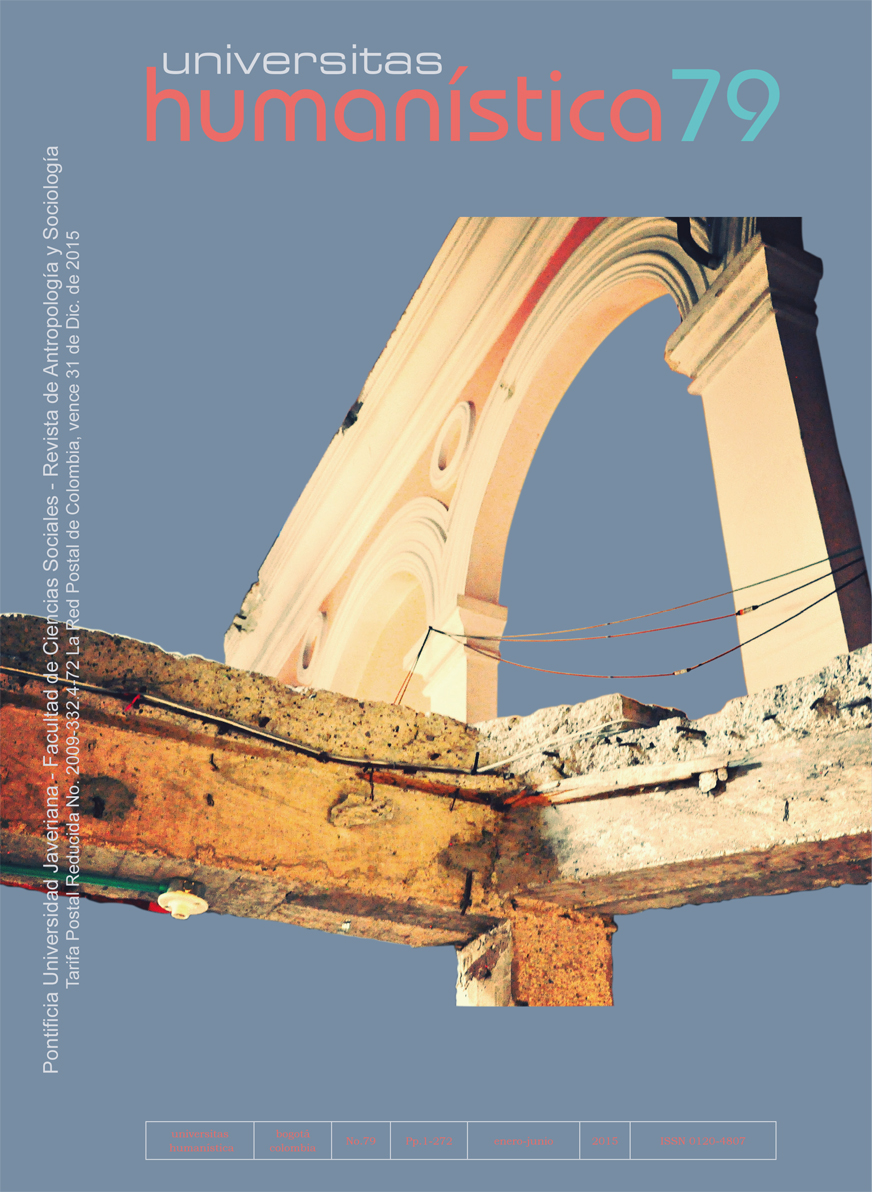Abstract
From the 90’s onwards, Guarani women from Northwest Argentina began to demand a bigger participation in their communities, as well as within indigenous organizations. Beyond the fact that some women have managed to attain the recognition of their people by assuming different positions of leadership, truth is, this is a process of change that faces strong resistance and criticism from the indigenous organization spaces that, traditionally, have been male spaces. This leads us to explore the roles assigned to women within the Guarani people. Taking an ethno-historical and ethnographical point of view, our purpose is to be able to account for certain transformations in the gender relationships that have made possible for indigenous women to exercise their right to participate in the public life of their people. The modalities adopted by the leadership of Guarani women are analyzed through their own participation experiences as authorities in political community organizations and interethnic regional organizations.
This journal provides immediate open access to its content on the principle that making research freely available to the public, encourages greater global exchange of knowledge.
The journal Universitas Humanística is registered under a Creative Commons Attribution 4.0 International Public License. Thus, this work may be reproduced, distributed, and publicly shared in digital format, as long as the names of the authors and Pontificia Universidad Javeriana are acknowledged. Others are allowed to quote, adapt, transform, auto-archive, republish, and create based on this material, for any purpose (even commercial ones), provided the authorship is duly acknowledged, a link to the original work is provided, and it is specified if changes have been made. Pontificia Universidad Javeriana does not hold the rights of published works and the authors are solely responsible for the contents of their works; they keep the moral, intellectual, privacy, and publicity rights.
Approving the intervention of the work (review, copy-editing, translation, layout) and the following outreach, are granted through an use license and not through an assignment of rights. This means the journal and Pontificia Universidad Javeriana cannot be held responsible for any ethical malpractice by the authors. As a consequence of the protection granted by the use license, the journal is not required to publish recantations or modify information already published, unless the errata stems from the editorial management process. Publishing contents in this journal does not generate royalties for contributors.


